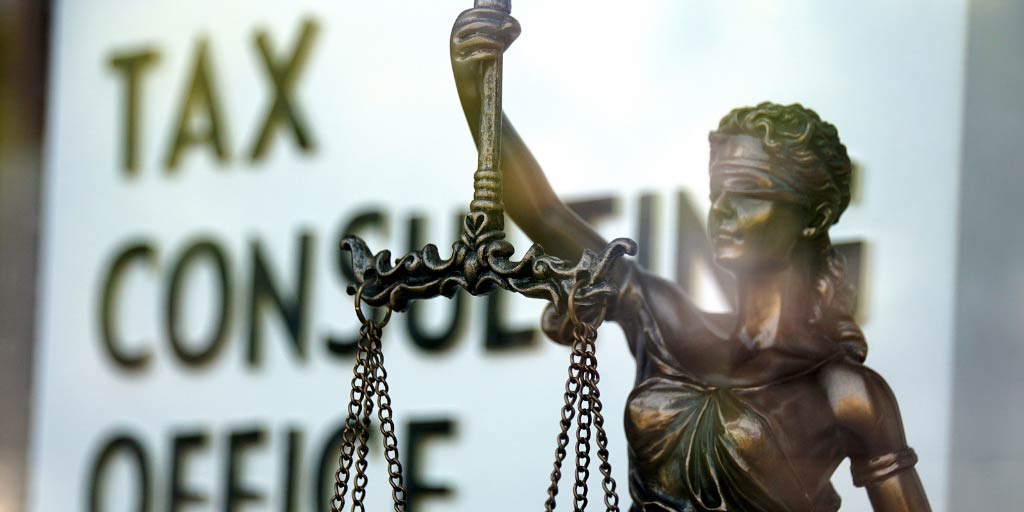This information should not be interpreted as financial, tax or legal advice. Mortgage and loan rates are subject to change.

Categories: government and politics | tax
According to a report from The Times, Chancellor Rachel Reeves has no plans to alter capital gains tax (CGT) on the sale of buy to let properties and second homes in her upcoming Autumn Budget, which if it is the case, should cause many Private Rented Sector (PRS) landlords to breathe a sigh of relief.
Since coming into power, Labour politicians have been unapologetic about their plans to harshen taxes across many income brackets – but especially the higher earners – as a ‘necessary evil’ to strengthen the UK economy. Tax rises and spending cuts are expected to generate £40 billion.
That being the current score, many landlords and economists were expecting Labour to make drastic hikes to CGT as well, which would seriously affect those investing in buy to let properties.
However, against expectations, a government source has insisted that the upcoming budget will be solely focusing on capital gains on profits from the sale of shares. This is set to be increased by several percentage points from its current levy of 20%.
What this means for landlords
If the Autumn Budget only focuses on sale of shares, it would appear to be the case that CGT rates will stay the same for landlords selling properties.
While CGT is often a controversial subject among buy to let landlords as it is, this report could be positive news for those that were expecting even more taxation on their income.
The Chancellor’s possible reasons for deciding not to tamper too much with CGT on buy to let property sales compared to other tax rates may not be clarified until the budget is formally announced on the 30th October.
The think-tank view on CGT
Meanwhile, a centre-left think-tank called Institute for Public Policy Research (IPPR) has produced an influential report with a contrary view on CGT, stating that lowering CGT rates across the board would be a bad move.
The report, which seems to have a certain level of hostility towards portfolio landlords, essentially argues that the current system unfairly rewards people that own passive assets over entrepreneurs who contribute to the UK economy more actively.
The report recommends equalising CGT rates with income tax rates. However, The Times claim would suggest that the think tank’s recommendations are not being heeded.
As CGT is a hot-button issue in the wider conversation about Labour’s proposed PRS reforms, we will keep you updated when the Budget is announced on the 30th.


